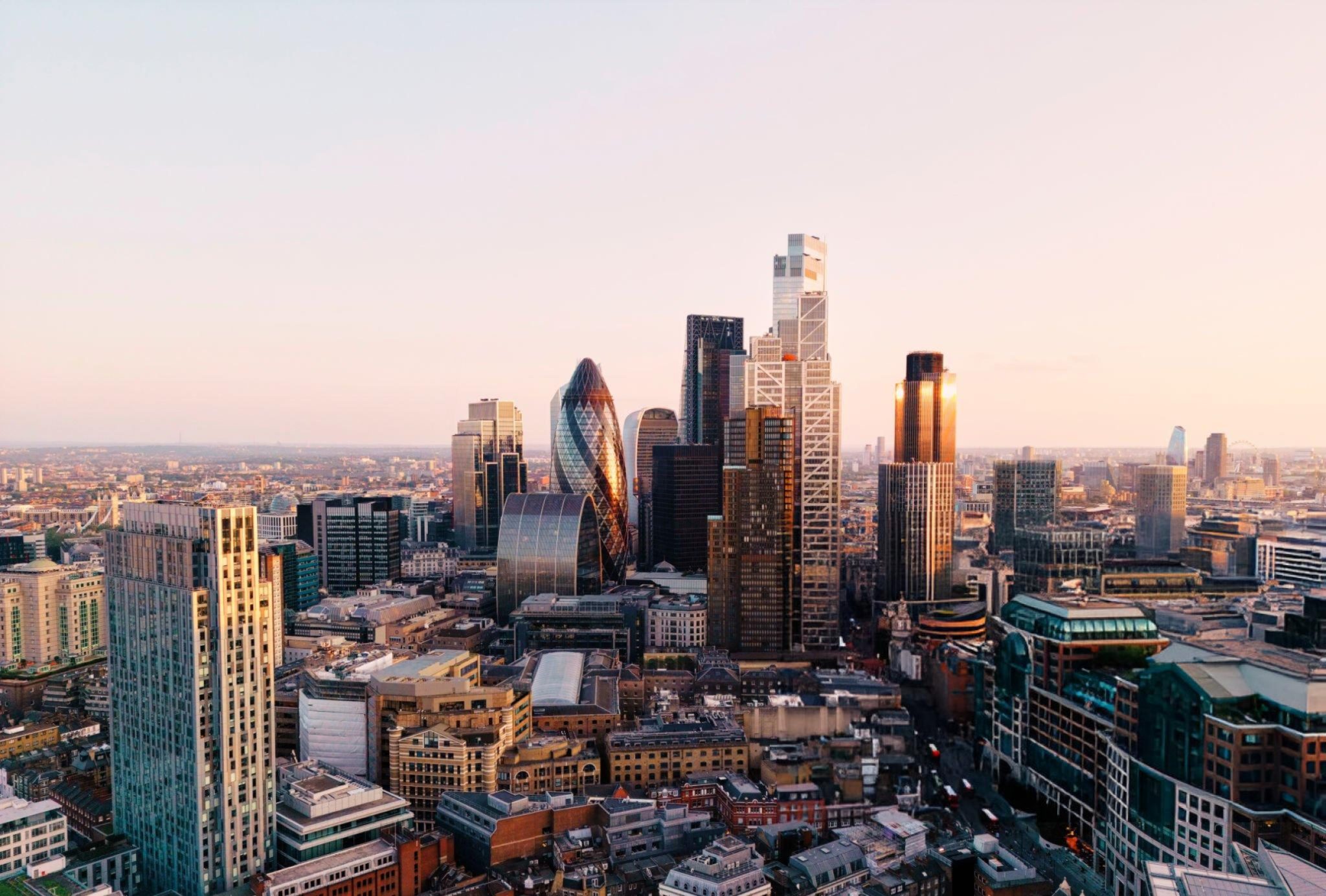As of Thursday, 17 April, busking has been officially banned in Leicester Square after a Westminster Magistrates’ Court ruling sided with office workers who described the noise as nothing short of “psychological torture”. The decision comes following complaints lodged by staff at Global Radio, who claimed their daily working lives were “plagued” by repetitive setlists, booming drums, and the persistent sound of amplifiers drifting through office windows.
Yet, while the court has deemed street entertainment in Leicester Square a nuisance, reactions on the ground paint a far more divided picture.
“They’re only bringing joy to people’s lives,” remarked a passerby near the square. “They’re only singing or dancing or whatever, aren’t they?” This sentiment echoes widely across central London, where many locals and tourists see buskers as part of the city’s rich tapestry—contributing to its colour, atmosphere, and sense of spontaneity.
The judge’s ruling, however, means that from this week onwards, any entertainers caught busking in Leicester Square could face fines and even risk having their instruments or equipment seized. What’s more, their licences to perform elsewhere in the borough could also be revoked, potentially threatening their ability to work across the city.
This has sparked a wider debate: is the ban a necessary step to preserve workplace wellbeing—or a tone-deaf crackdown on one of London’s most cherished street traditions?
Buskers themselves have expressed dismay. For many, performing in public spaces is not merely a passion, but their primary source of income. One street performer, who asked not to be named, said: “This is how we survive. We’re not out here to make people miserable. We’re here to share our art.”
Supporters of the ban, particularly those working in the area, argue otherwise. They claim the ceaseless noise has made concentration difficult, created an oppressive atmosphere, and affected their mental health. “It’s not just background music,” said one office employee. “It’s the same tune every day, over and over. It wears you down.”
Still, others see the ruling as too sweeping. “Sure, maybe some rules or limits are needed—decibel levels, designated hours, that sort of thing—but an outright ban?” questioned a resident of nearby Soho. “It feels extreme.”
Indeed, London has seen similar tensions before. In 2023, Covent Garden implemented a stricter licensing system requiring performers to meet certain standards and adhere to controlled performance times. That approach aimed to strike a balance between cultural vibrancy and local residents’ and businesses’ needs.
Outside of Leicester Square, busking remains legal in much of London, and for now, the ban has not triggered wider legislative change. Nevertheless, some worry this ruling could set a precedent for other parts of the capital, potentially leading to further restrictions on street performers.
“It’s a slippery slope,” said one visitor from Bristol. “If we start banning buskers in one square, what’s next? Camden? South Bank? It would be a shame to lose what makes these places so lively.”
Others argue that the ruling reveals a growing disconnect between those who live and work in central London and the city’s creative communities. The noise of street performers, some claim, has simply become collateral in the changing dynamics of urban life, where productivity often takes precedence over artistic expression.
While Leicester Square may have fallen silent, the debate is anything but quiet. For now, Londoners remain sharply divided: is this a reasonable measure to protect working professionals—or an overzealous silencing of the city’s soul?
As the summer approaches and crowds return to the capital’s streets, the question lingers—what sort of London do we want to hear?






